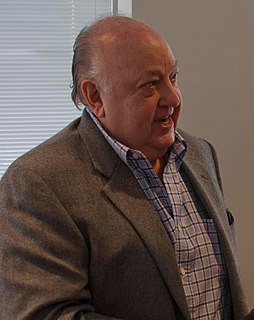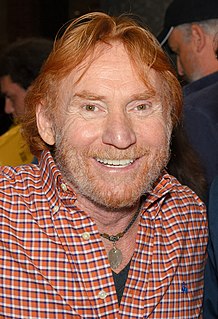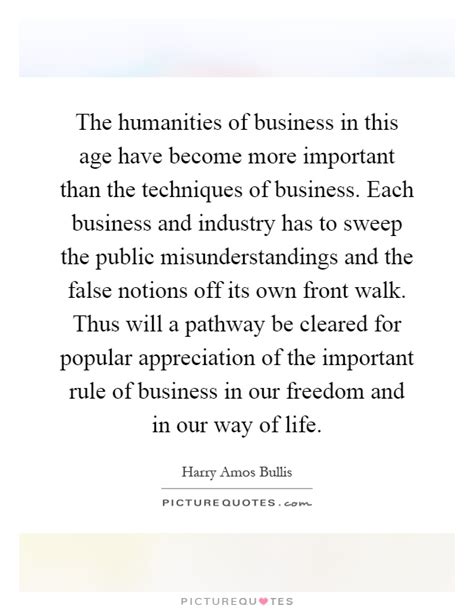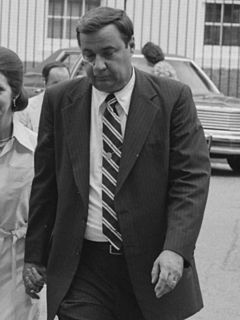A Quote by David R. Brower
Politics is democracy's way of handling public business. We won't get the type of country in the kind of world we want unless people take part in the public's business.
Related Quotes
When people generally are aware of a problem, it can be said to have entered the public consciousness. When people get on their hind legs and holler, the problem has not only entered the public consciousness -- it has also become a part of the public conscience. At that point, things in our democracy begin to hum.
People in show business who are interested in politics, like Ronald Reagan, fare so well because they do know the magic of dealing with the public. This is something that can't be taught in a book. If they can produce after they've won over the public. If you can live up to your ballyhoo, you've got it made.
The problems that exist on Wall Street today go to the center of a debate in this country about wealth and democracy. We cannot keep our democracy if those who are in charge of handling the engines of our economy are not honest with their shareholders. That's why there is a role for government regulation here. That role for government is breaking up the monopolies, insisting on public disclosure, insisting on public audits, insisting on restitution whenever someone has been cheated.
Democracy, in the United States rhetoric refers to a system of governance in which elite elements based in the business community control the state by virtue of their dominance of the private society, while the population observes quietly. So understood, democracy is a system of elite decision and public ratification, as in the United States itself. Correspondingly, popular involvement in the formation of public policy is considered a serious threat. It is not a step towards democracy; rather it constitutes a 'crisis of democracy' that must be overcome.
When people run a business and open their door to the public, they must serve the public. That doesn't mean they can't say whatever they want to say. It doesn't mean they can't believe whatever they want to believe. Those are protected also. But businesses must serve the public. And that's a principle that we fought for in this country over many, many decades, when some were invoking religious freedom as an excuse to deny people on the basis of their race, on the basis of their religion, on the basis of sex and on the basis now of sexual orientation. Let's not confuse one thing with the other.
... between government, business, and the public, there is a triangular community of interest. Clearly, it is in business' interest to shape its behavior to prevailing public values; it is more efficient to do so than not to do so. It is also clear that government is the high-cost alternative through which public values are imposed on corporations that do not accurately perceive these values.
The humanities of business in this age have become more important than the techniques of business. Each business and industry has to sweep the public misunderstandings and the false notions off its own front walk. Thus will a pathway be cleared for popular appreciation of the important rule of business in our freedom and in our way of life.







































